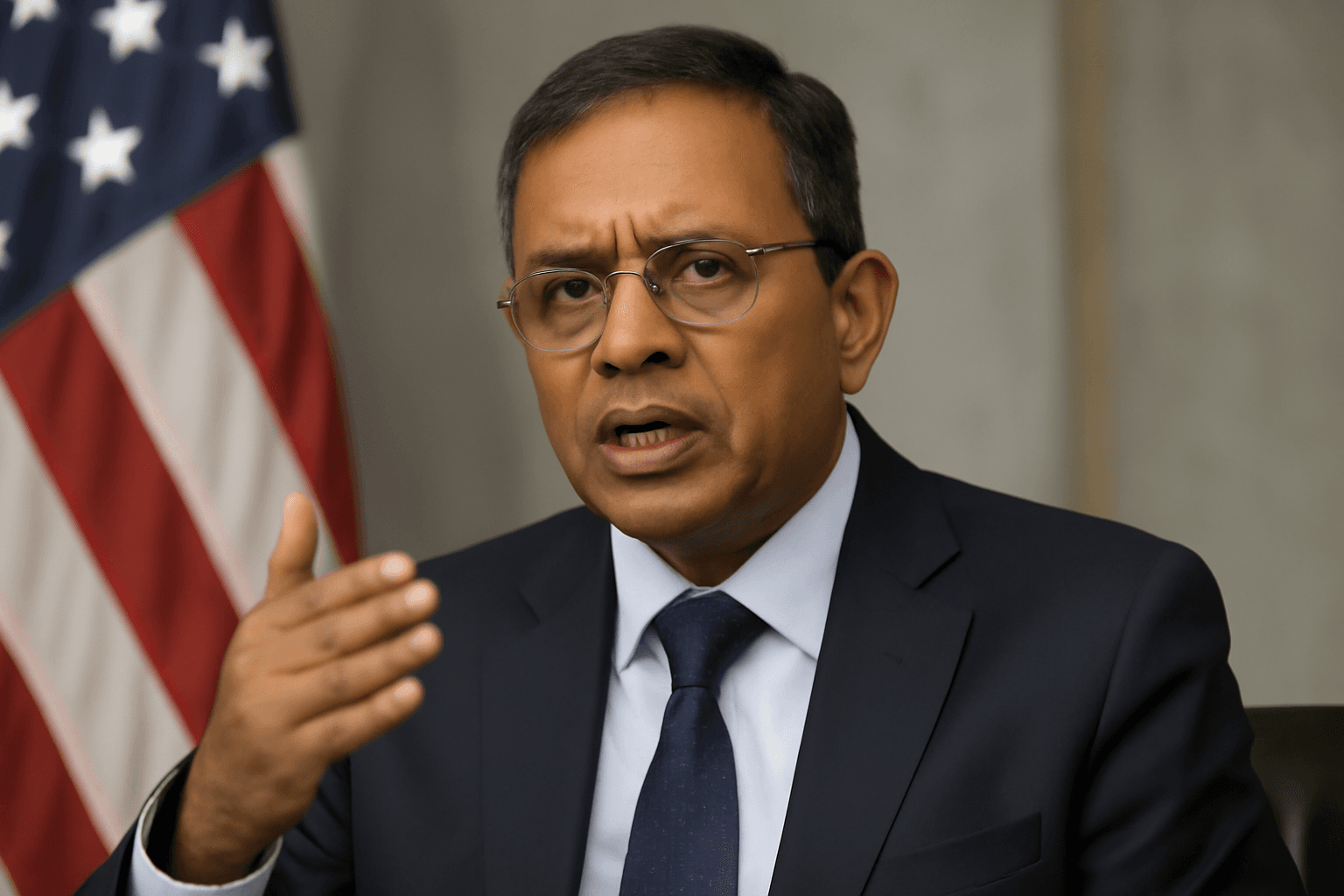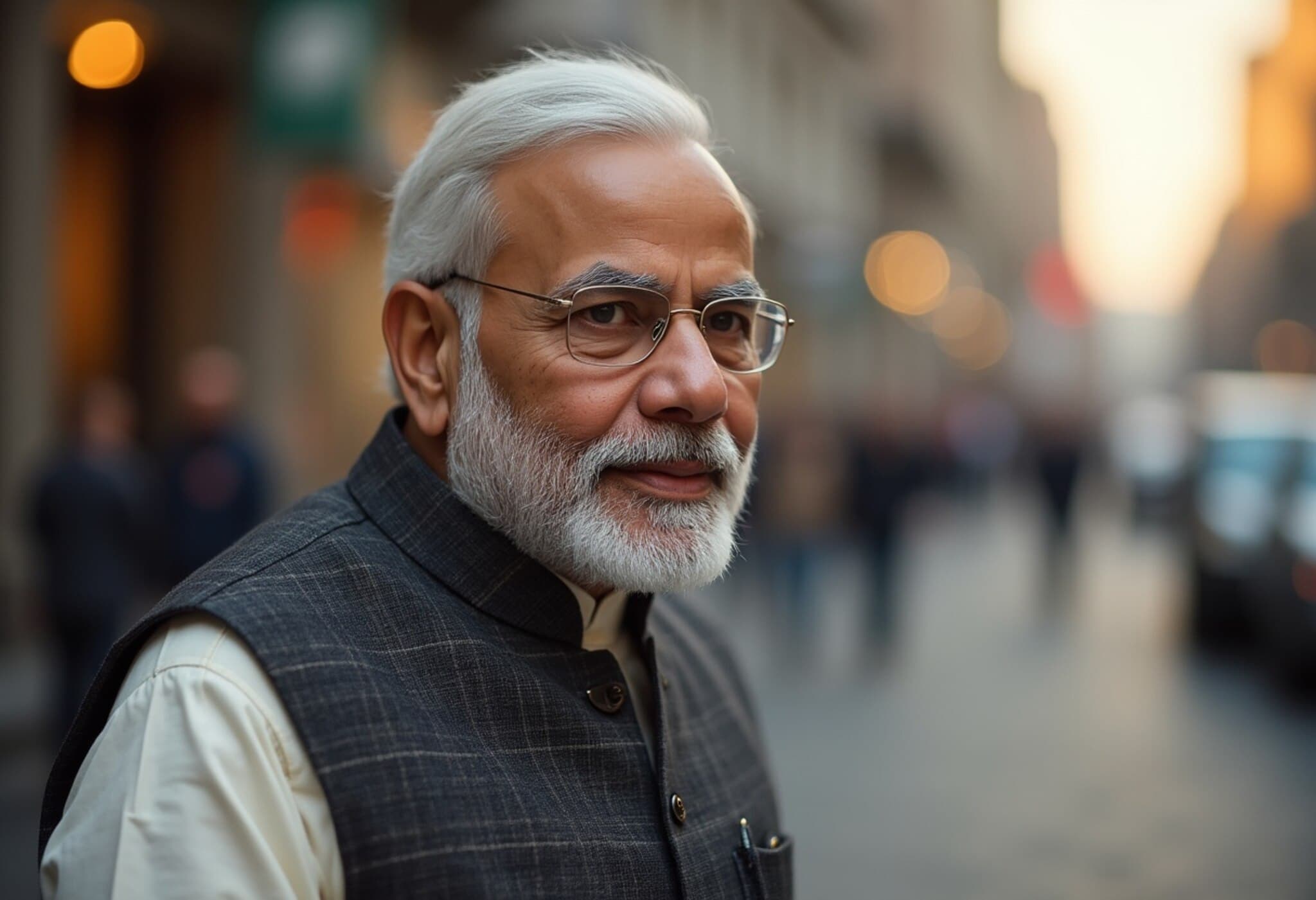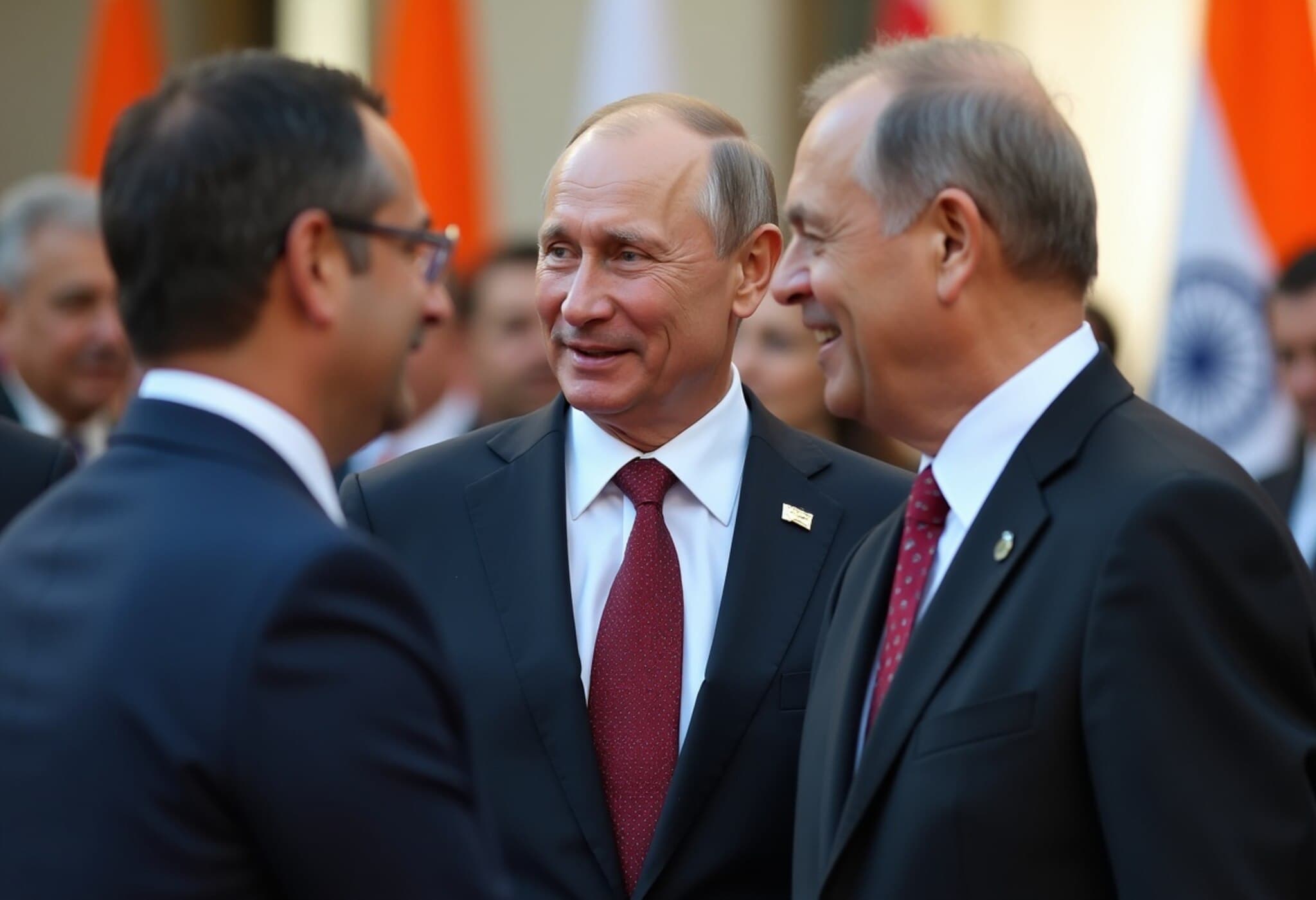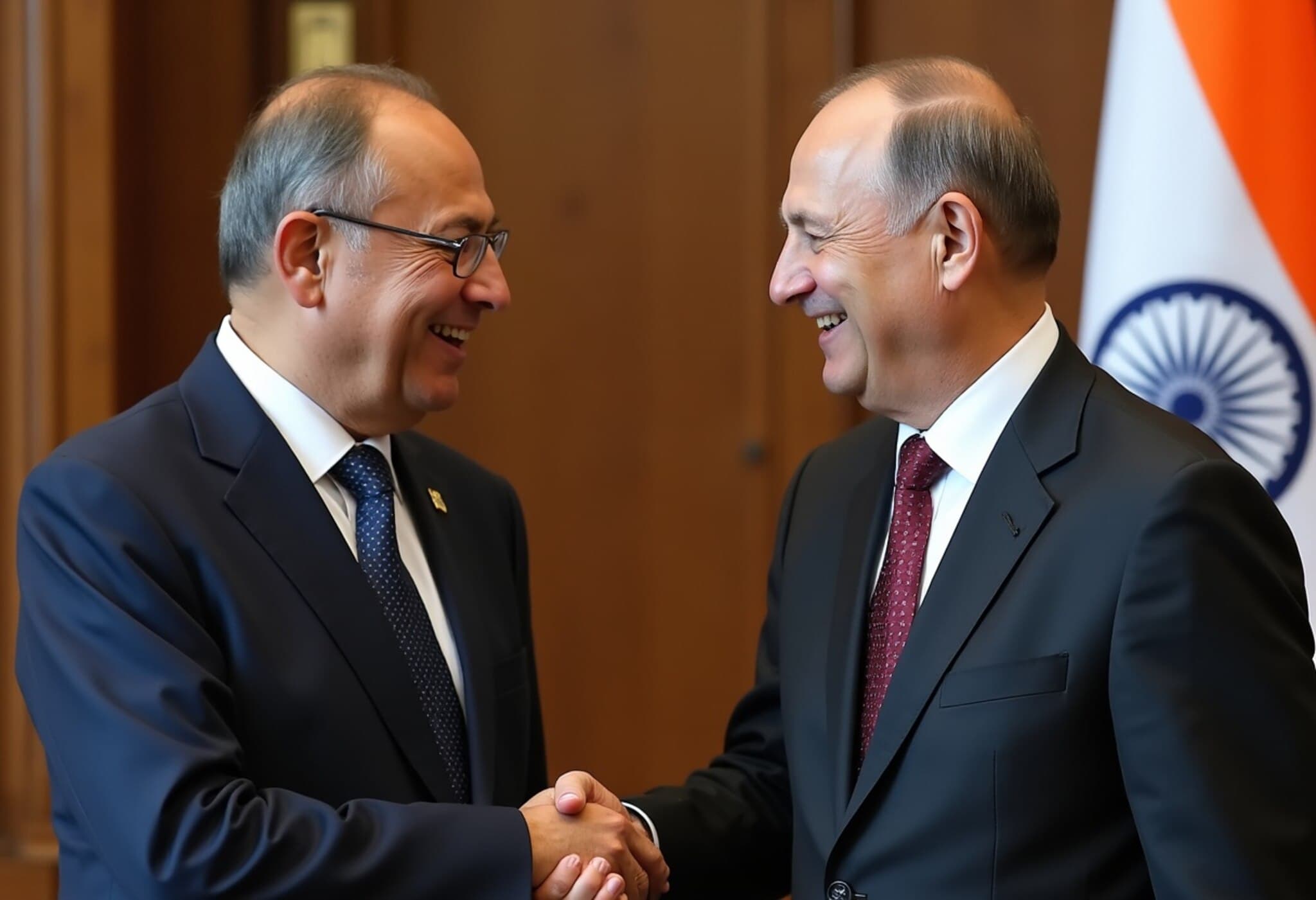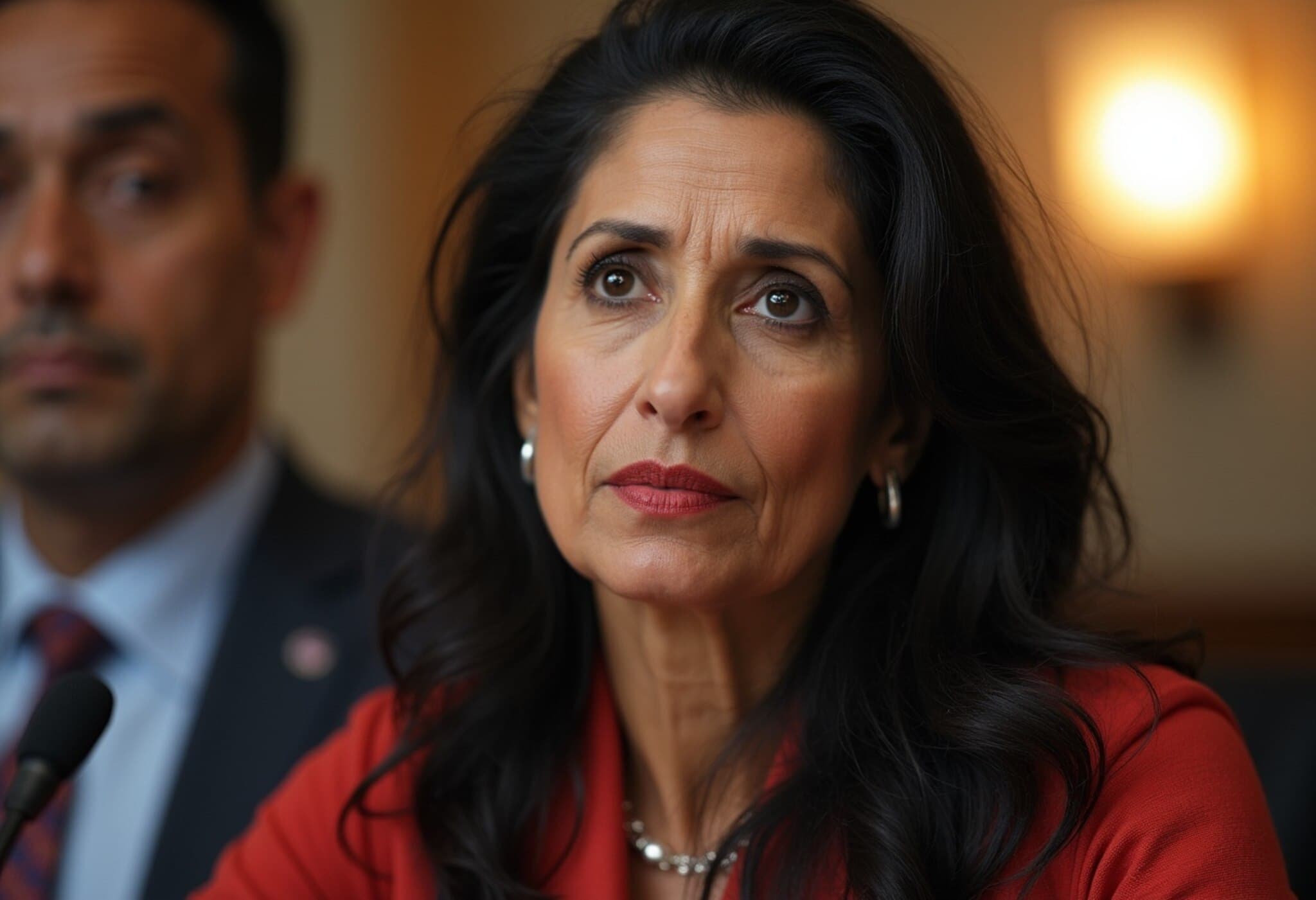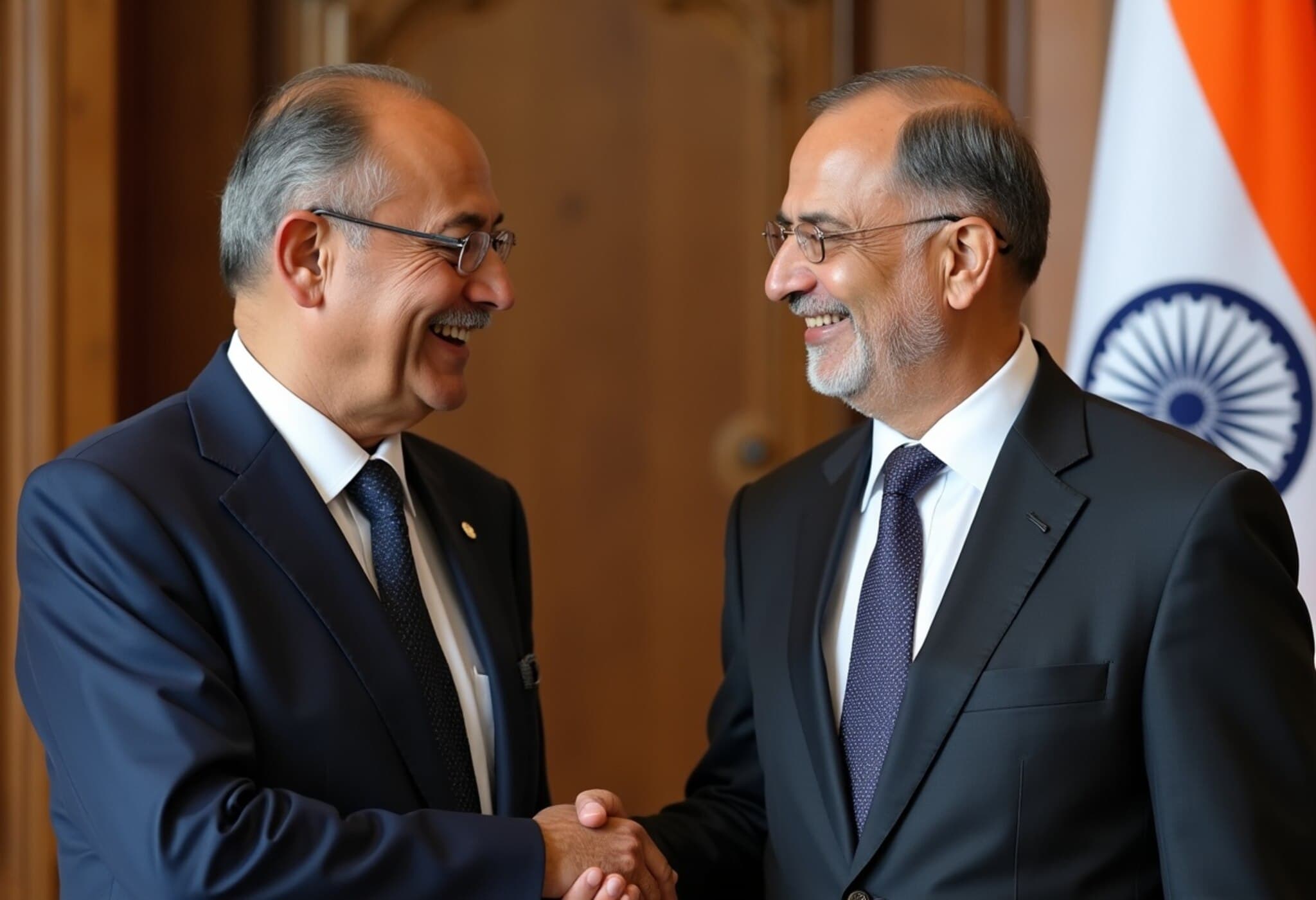India’s Stand on US Tariffs Amidst Russian Oil Purchases
India’s Ambassador to Russia, Vinay Kumar, has firmly criticized the United States’ recent decision to impose steep tariffs on Indian imports, labeling the move as “unfair, unreasonable, and unjustified”. Speaking in an exclusive interview with Russia’s TASS news agency, Kumar reiterated India's commitment to sourcing oil from wherever it obtains the best commercial deal, underscoring the country's priority to secure energy for its vast population.
Energy Security at the Core of India’s Policy
With 1.4 billion citizens depending on consistent energy access, India views its energy partnerships, including with Russia, as vital to global oil market stability. Kumar highlighted, “our objective is energy security” and emphasized that trade decisions are fundamentally commercial, not political. He elaborated that Indian companies will continue operating based on market considerations, purchasing oil where the best deal prevails.
Contextualizing US Tariffs: Legal Grounds and Geopolitical Tensions
The sharply increased US tariffs, totaling 50%, were imposed as a penalty for India’s ongoing Russian oil purchases—part of a broader Western effort to economically isolate Russia over its geopolitical actions. However, Kumar pointed out the inconsistency in this approach, noting that European countries and even the US itself maintain certain trade ties with Russia. This observation raises critical questions about the selectivity and fairness of sanctions implementations, and its ripple effects on global trade norms under WTO frameworks.
India-Russia Trade Beyond Oil: Unlocking Growth Potential
Beyond energy imports, Ambassador Kumar shed light on ambitious plans to deepen India-Russia trade relations across diverse sectors. Key areas include:
- Textiles and fashion products
- Construction materials
- Automobiles and spare parts
- Electronics and IT hardware, including smartphones
- Financial and digital services
- Transportation infrastructure
Kumar remarked that while bilateral trade is steadily increasing, India’s exports to Russia remain significantly below potential. Enhancing trade in services coupled with greater investment in infrastructure stands as a strategic imperative.
Financial Mechanisms and Payment Systems Remain Stable
Amid concerns about international payment disruptions, Kumar reassured that India and Russia have established efficient trade settlement systems using their national currencies. This arrangement effectively mitigates risks related to sanctions on dollar or euro transactions, ensuring smooth continuation of energy imports.
US-India Trade Frictions: Broader Implications
The tariff dispute spotlights the complex crossroads where international geopolitics and economic interests collide. New Delhi’s insistence on an autonomous energy policy underscores the challenge that major democracies like India face in balancing strategic partnerships with sovereign national interests. The friction also resonates with US domestic considerations, notably Washington’s concerns about fair trade practices and geopolitical alignments.
On the diplomatic front, India’s External Affairs Minister S. Jaishankar has publicly criticized the US tariff hike as “unjustified and unreasonable”, affirming that India’s priority lies in safeguarding the livelihoods of farmers and small producers—a demographic deeply impacted by fluctuating trade policies.
Expert Insight: Navigating a Multi-Polar Energy Landscape
Energy security experts note that India’s pragmatic approach exemplifies a broader global trend wherein emerging economies seek diversified energy sources outside traditional Western-dominated supply chains. The rise of multipolar energy partnerships could reshape global market stability, but also complicate diplomatic ties among major powers.
Furthermore, increased tariffs risk triggering retaliatory measures, potentially disrupting broader trade relations and affecting global supply chains. Hence, continued dialogue and negotiation remain critical to harmonize commercial interests with geopolitical strategies.
Editor’s Note
India’s unequivocal rejection of US tariffs as unfair speaks to the enduring tension between national sovereignty and international economic pressures. As India maneuvers through a complex geopolitical patchwork, the unfolding dynamics will test the resilience of global trade norms and alliances. Readers should consider how economic sanctions and trade policies intersect with energy security and development priorities, especially in the context of rising multipolarity in global affairs.

